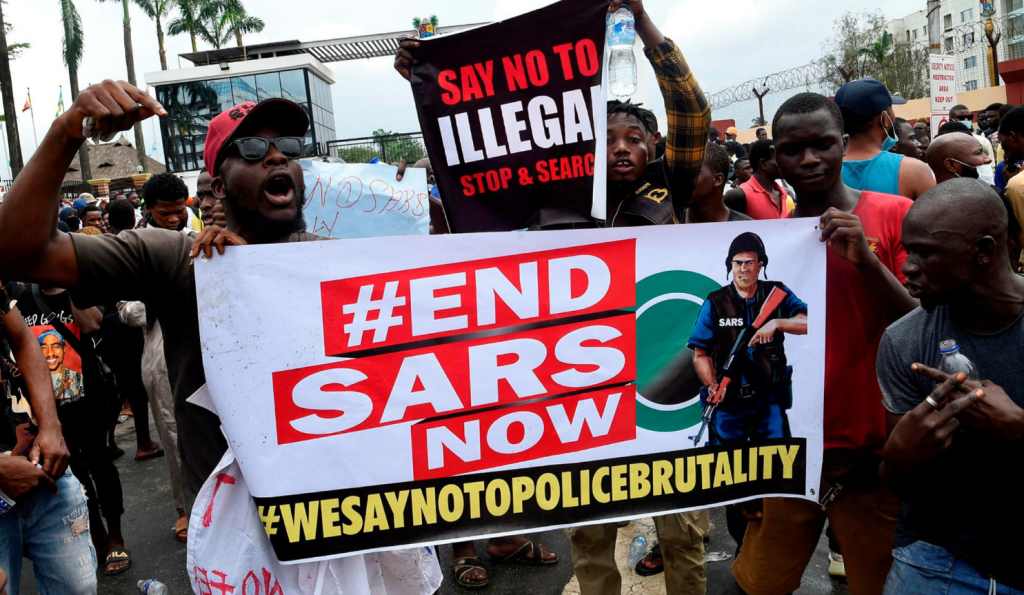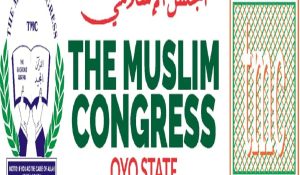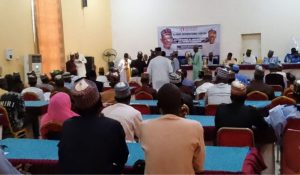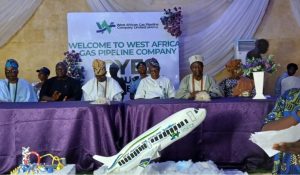
One more word about #EndSARS protest tragedy
Safe to conclude this piece right from this outset: By addressing the injustices of the past, Nigeria can pave the way for a more equitable, transparent, and inclusive society—one where the rights of every citizen are protected and upheld.
In truth, the aftermath of the 2020 #EndSARS protests continues to haunt Nigeria’s conscience, revealing the cracks in governance, trust, and social accountability. Recent revelations by Wale Ajetunmobi, the Senior Special Assistant on Print Media to the Lagos State Governor, have reignited public outcry over alleged extrajudicial killings and government complicity. His social media confession, claiming that individuals involved in the destruction of TVC facilities were “hunted down and executed,” underscores a deeply troubling narrative.
The Lagos State Government swiftly suspended Ajetunmobi for “misrepresentation of facts.” Yet, for many, this disciplinary action seems more like a symbolic gesture than an earnest attempt to address the grave allegations. For a government burdened by accusations of denying the massacre of peaceful protesters at Lekki Tollgate, the suspension does little to rebuild public trust.
The #EndSARS Judicial Panel of Inquiry chaired by Justice Doris Okuwobi documented 48 casualties, with nine protesters reportedly killed, 22 injured by gunshots, and 15 assaulted by security forces. The panel’s findings, including damning evidence of the Nigerian Army’s actions, paint a grim picture of a state apparatus that failed its citizens. However, the Lagos State Government’s refusal to fully implement the panel’s core recommendations, such as prosecuting indicted security personnel, has left justice glaringly incomplete.
This troubling context demands urgent action. A fresh independent commission of inquiry, akin to the Oputa Panel, is imperative. It must investigate not only the Lekki Tollgate incident but also the newly surfaced allegations of extrajudicial executions. Justice demands transparency, accountability, and reparations for victims and their families.
The suspension of Ajetunmobi and the government’s broader handling of the #EndSARS aftermath highlight a systemic disregard for human rights. Amnesty International’s findings—that some protesters remain detained without trial three years later—reflect a justice system in disarray. “Three years in detention without trial is a travesty of justice,” noted Isa Sanusi, Director of Amnesty International Nigeria.
Civil society organizations, businesses, and other stakeholders must amplify their roles in demanding accountability. Companies operating in Lagos and across Nigeria have a corporate social responsibility (CSR) to advocate for good governance, uphold human rights, and contribute to healing fractured communities. The private sector can support initiatives for justice, sponsor independent investigations, and fund public awareness campaigns that champion the values of democracy and accountability.
The consequences of failing to address the #EndSARS injustices are far-reaching. The protests, initially sparked by police brutality, culminated in extensive property destruction, with damages estimated at over ₦1 trillion in Lagos alone. Public infrastructure, businesses, and private assets bore the brunt of the unrest, with 27 public buildings, 17 police stations, and the TVC headquarters destroyed.
The economic fallout underscores the urgent need for systemic reforms. As Financial Derivatives Limited estimated, the protests cost 1.03% of Nigeria’s GDP, further straining an already fragile economy. Rebuilding trust between the government and its people is critical to preventing such crises in the future.
Justice is not just about punitive measures—it is about healing. Nigeria must act decisively to prosecute those responsible for extrajudicial killings, release detained protesters, and address the systemic issues that led to the #EndSARS movement. The Lagos State Government, alongside federal authorities, must prioritize the implementation of the judicial panel’s recommendations, ensuring that no victim’s sacrifice is forgotten.
Honestly, the path forward requires collaboration between the government, private sector, and civil society to rebuild trust, foster accountability, and promote sustainable development. Justice delayed is not just justice denied—it is a missed opportunity for reconciliation and national healing.
Act now!









